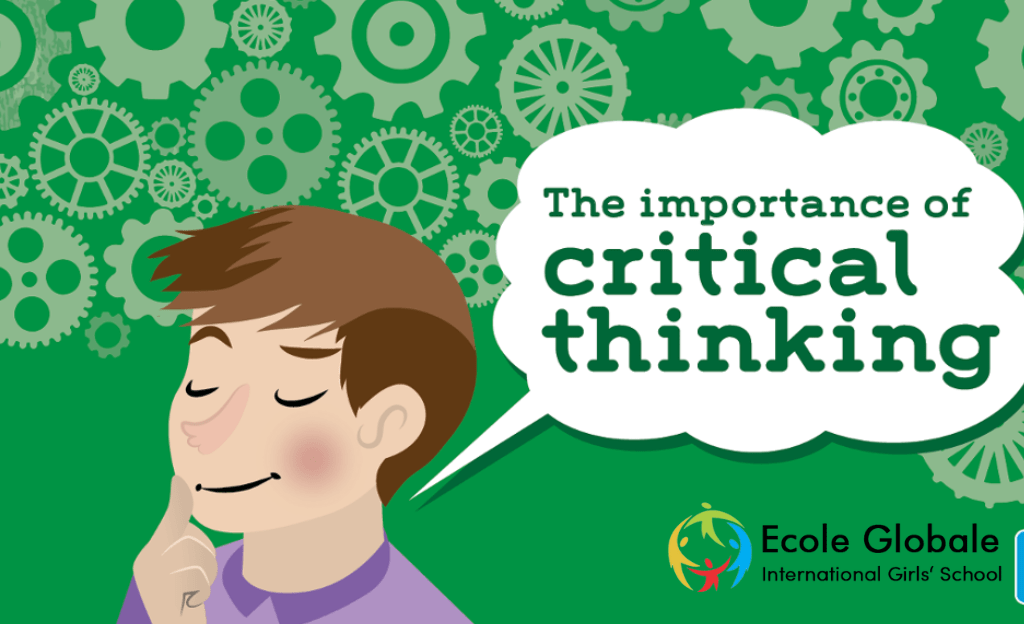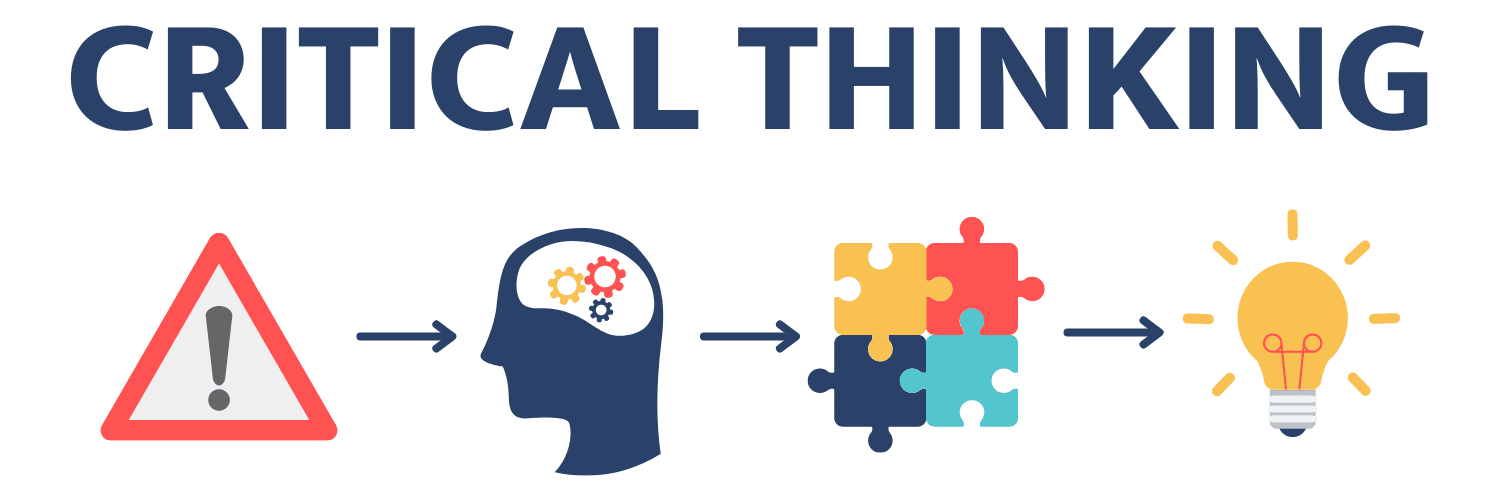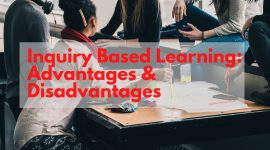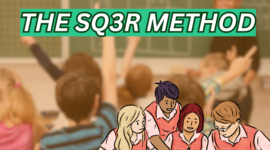Critical thinking is defined as the independent and objective analysis of facts or opinions to determine their validity, relevance, meaning, or usefulness.
Critical thinking is something we always should be improving on as individuals. Critical thinking skills can help us with any subject/topic of education. We need to encourage kids to ask questions, challenge ideas, and research topics for themselves.
Critical thinking helps students to analyze, evaluate and make decisions based on facts and logic. It encourages them to ask questions and develop their opinions based on evidence rather than emotion or peer pressure. In this way, critical thinking skills are essential for success in the 21st-century economy.
Importance of Critical Thinking in Education

As per research conducted by the Best Boarding Schools in India, Critical thinking is a vital skill in all disciplines, and it can help students to improve their academic performance. Critical thinking is not just about being able to think: it’s about thinking well.
Critical thinking skills are essential for success in life — but they aren’t always taught in school. Many schools focus on teaching students how to memorize facts rather than how to analyze information critically. It can leave students ill-equipped when they arrive at college or enter the workforce without a solid understanding of important concepts like critical analysis and logical reasoning.
In a world where we are constantly bombarded with information, critical thinking skills are more important than ever. Critical thinking is a way of looking at the world that values logic, reason, and evidence. It is an ongoing mental process we use to question assumptions, identify flaws in reasoning, and judge whether or not something is true.
Critical thinking helps us make sense of the world around us by asking questions about what we see and hear. It helps us separate fact from fiction so that we can make informed decisions about our lives. Critical thinking skills can be developed through practice. But they can also be taught in classrooms and at home.
Benefits of Critical Thinking
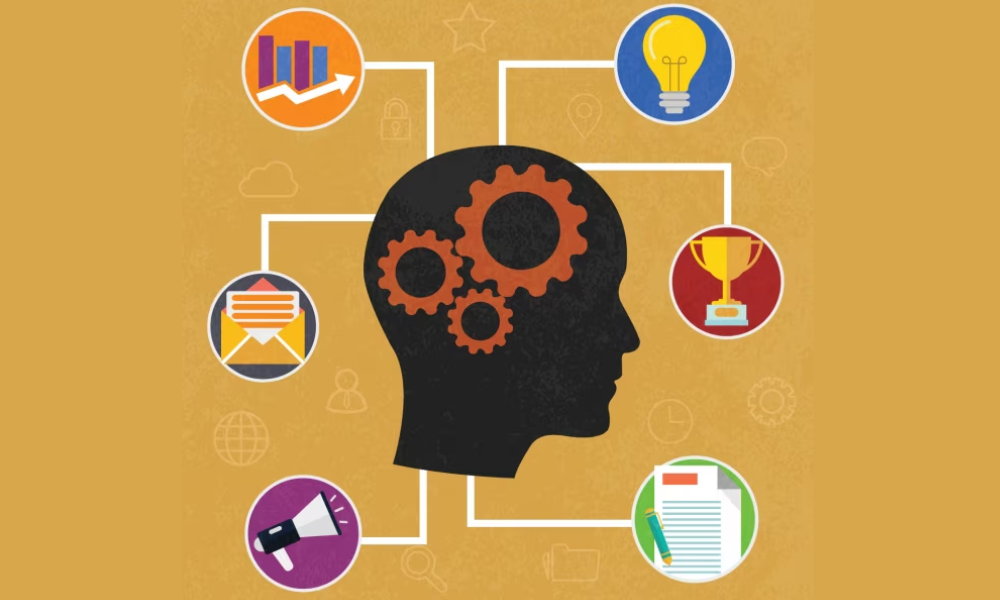
Another survey done by Top Schools in India shows that The ability to think critically is one of the most important skills a person can have. It’s also one of the most valuable tools you can teach your child.
-
Higher-level thinking skills
Critical thinking has been shown to help students learn better, especially those with poor grades due to a lack of understanding rather than a lack of effort. Learning to think critically helps students become better learners because it allows them to question their own beliefs and ideas and see things from different perspectives.
-
Problem-solving
Critical thinkers can identify a problem or situation, gather information about it, and develop possible solutions before deciding on the best course of action. This skill is particularly important for students as they prepare for future jobs or college careers where they’ll face many challenges that require creative problem-solving skills.
-
Decision making
Critical thinkers take time to evaluate all sides of an issue before making decisions so they’re more likely to make informed choices rather than rushing into something without considering other options. Students who learn to think critically are more likely to make smart decisions.
-
Creativity
Critical thinking encourages kids to be creative thinkers who can solve problems independently by using reasoning skills instead of memorizing facts or formulas. It also helps them develop new ideas through brainstorming sessions with classmates or friends who may have different perspectives than they do.
Critical thinking skills are essential for life-long success in school. Being able to think critically allows students to develop higher-order thinking skills that will help them solve problems on their own and make decisions based on evidence rather than emotion.
Methods to Teach Critical Thinking
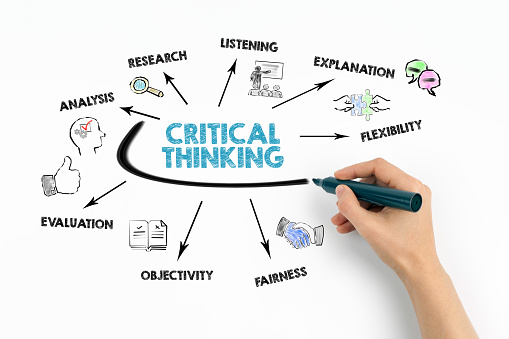
-
Encouraging questioning
Kids should be encouraged to ask questions about everything. They should not be afraid of looking dumb or ignorant when asking questions about topics that may seem obvious or easy for younger children. Asking questions like this will allow them to learn more about their world and develop critical thinking skills from an early age. If there is something they don’t know or understand, encourage them to ask their peers or teachers for clarification before jumping to conclusions on their own. This way they can think things through before making decisions or taking action on something they don’t fully understand.
-
Analyzing information
A good way to teach critical thinking is through analyzing information. It can be done by having students work together and make arguments about various topics. It can also be done by having the students critique articles and other texts for factual accuracy and logical reasoning.
Other ways that teachers can help students develop their critical thinking skills include- asking them questions that will make them think about what they know and how they know it, encouraging them to think about alternative explanations for why things happen, encouraging them to look at things from multiple perspectives, giving them time to reflect on what they’ve learned before moving on, giving them opportunities to share their thoughts with others and challenging them when they say something that doesn’t make sense or isn’t backed up by evidence.
-
Developing logical reasoning
Critical thinking involves being able to reason logically from one idea or fact to another. It can be done through deductive reasoning- starting with a general statement and concluding by applying specific conditions or inductive reasoning. Start with specific observations and then reach a general conclusion based on those observations.
-
Problem-solving
Problem-solving is a skill that should be developed throughout our lifetime. It is one of the most important abilities we can acquire because our ability to solve problems allows us to take care of ourselves and others. Problem-solving involves using logic and thinking skills to find solutions to problems that arise in everyday life.
The steps involved in problem-solving include:
Identify the problem by asking yourself what’s wrong or what needs to be changed.
Analyze the situation by gathering information about it from different sources such as people in your life or from books/websites.
Brainstorm possible solutions by listing everything you know about the situation or idea at hand.
Think critically about each solution by deciding whether it will work or not based on your analysis of the problem and if it will benefit you in any way are some examples of critical thinking questions that can help you decide whether a solution is viable or not.
Importance of Critical Thinking in Today’s World
-
Misinformation
Critical thinking is important because we live in an age where information comes at us from every angle — whether from school or friends or from family members who want us to believe something without giving us any evidence for their claims. Kids (and adults) need to be able to sort through all of this information and find out which things are true and which aren’t — especially if they’re going to be making decisions based on what they read or hear.
-
Cognitive biases
Cognitive biases are the tendency to make irrational decisions, sometimes without even realizing it. They can be found in many areas of life, including education. These biases can cause people to accept information as fact without questioning its validity, which can lead to false beliefs and poor decision-making.
-
Digital literacy
Critical thinking plays a vital role in digital literacy — the ability to understand, use and create digital technologies for knowledge acquisition, communications, and problem-solving.
-
Career readiness
Critical thinking is essential for career readiness because it helps students understand how the world works and how they fit into it. It also gives them the ability to work without supervision or guidance from others. It will come in handy when they enter the workforce as adults.
When we learn to think critically about things such as politics or religion, we become more informed citizens who know more about what is going on in our communities and around the world.
Conclusion
The importance of critical thinking in education is often overlooked. But it’s a skill that will serve your kids well throughout their lives. When you teach your kids to think critically, they develop a habit of questioning what they read and hear, which can help them understand the world more deeply.
Critical thinking is also essential for success in college and beyond. It’s an important skill employers look for in potential employees and can give your kids a leg up on the competition.
For any queries related to parenting, schooling, or any students-related tips, click here to check out our latest blogs.
FREQUENTLY ASKED QUESTION
Q1. What is critical thinking, and why is it important in education?
Answer. Critical thinking is analyzing information objectively to assess its validity. It’s essential in education as it helps students think independently, solve problems, and make informed decisions.
Q2. How can critical thinking help students in their academic performance?
Answer. It improves students’ understanding, retention, and ability to solve complex problems, enhancing their academic success.
Q3. Can critical thinking be taught in schools?
Answer. Yes, it can be taught through methods like questioning, analysis, and problem-solving exercises.
Q4. What are the key benefits of critical thinking for students?
Answer. It improves problem-solving, decision-making, creativity, and helps students become better learners.
Q5. How can I encourage my child to develop critical thinking skills?
Answer. Encourage questioning, problem-solving, and discussions, and let them explore different perspectives.






